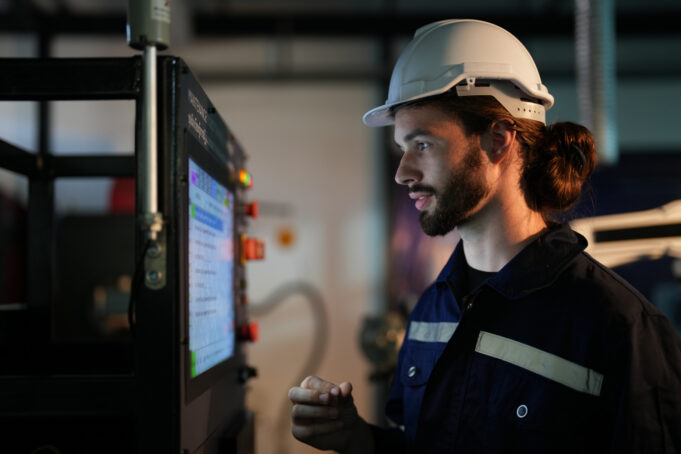The world of water treatment is on the cusp of a revolution. As the global demand for clean water rises, water treatment professionals must be prepared for the future. The future belongs to smart, sustainable systems powered by artificial intelligence (AI), the Internet of Things (IoT), and a focus on energy efficiency.
AI: The Thinking Filter
Imagine a system that can predict and prevent equipment failures, optimize chemical dosing, and even identify emerging contaminants. AI is poised to do just that. By analyzing vast amounts of plant data, AI algorithms can learn patterns, anticipate issues, and recommend proactive maintenance. This translates to reduced downtime, improved water quality, and significant cost savings.
AI-driven analytics also help in optimizing chemical dosing, energy use, and overall plant performance. By harnessing AI, water treatment facilities can achieve higher efficiency and reliability, ensuring consistent water quality.
The Power of “Things” Talking
The IoT connects devices and systems, allowing for real-time monitoring and control of water treatment processes. IoT-enabled sensors can collect data on various parameters such as water quality, flow rates, and equipment performance. This data is transmitted to a centralized system where it can be analyzed and remotely adjusted instantly. IoT technology enhances visibility into the treatment process, enabling prompt fixes and reducing the risk of contamination or system failures. Moreover, this remote monitoring capabilities allow for better resource management and operational flexibility.
Going Green for a Sustainable Future
Energy consumption is a significant concern in water treatment. Integrating energy-efficient technologies can lead to substantial cost savings and environmental benefits. Here’s where AI and IoT come together. Innovations such as high-efficiency pumps, variable frequency drives, and renewable energy sources like solar and wind power are becoming increasingly viable. By analyzing energy usage patterns, AI can suggest adjustments to pumps and other equipment, minimizing energy waste further.
Implementing energy recovery systems, such as using biogas from wastewater treatment for power generation, can further reduce the carbon footprint of water treatment plants. Embracing these technologies not only lowers operational costs but also supports sustainability goals.
Practical Steps for Water Professionals
The future may seem daunting, but you can embrace it with these steps:
- Upskill: Familiarize yourself with AI and IoT concepts. Several online courses and industry workshops cater to water professionals. Equip your team with the skills to interpret and act on data insights from AI and IoT systems.
- Pilot Projects: Start small. Implement an AI-powered pilot program for specific tasks, like leak detection or chemical optimization. This allows you to assess the technology’s potential before large-scale integration.
- Network: Connect with peers and industry leaders who are on the same trajectory. Share experiences and learn from their implementations.
The future of water treatment is intelligent, interconnected, and sustainable. It’s a future filled with exciting possibilities, and water professionals who embrace these advancements will be at the forefront of ensuring clean water for generations to come.





